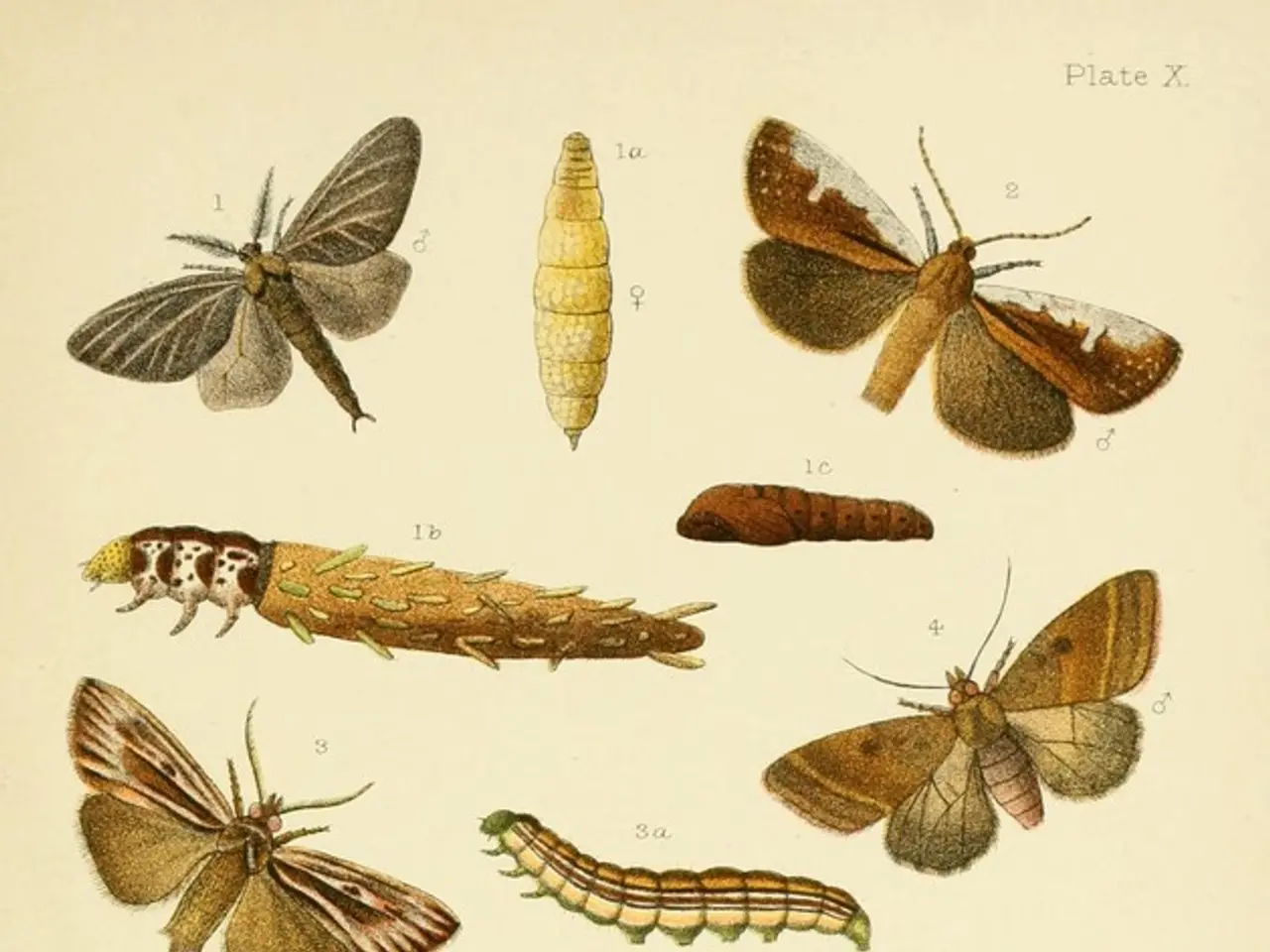Mysterious Whistle emission by a Fly Species Discovered
In the realm of biomedical research, a prominent online platform, Flybase, has been a beacon of knowledge for over three decades. This substantial database, housed at Harvard University, stores all published information about the genes and proteins of the fruit fly, Drosophila. However, Flybase is currently facing an uncertain future due to a reduction in research funds by the US government, specifically the withdrawal of NIH funding.
The database, which is estimated to house 75% of all genes that can cause diseases in humans and their equivalent in the fruit fly, is expensive to maintain. It requires constant updates and harmonization of data, as well as protection from bot attacks. Unfortunately, the scholars of Flybase at Harvard have been laid off since the end of August due to the withdrawal of NIH funding.
The uncertain financial situation is not limited to Drosophila research; many databases that have existed for decades are under pressure and could potentially be lost. Ingrid Lohmann of Heidelberg University agrees that Flybase is not an isolated case, and other databases for mouse, zebrafish, roundworm C. elegans, and important plant resources are also under financial pressure.
The European Council, with the goal of becoming the 'most competitive and dynamic knowledge-based economy in the world,' set this ambition 25 years ago within the framework of the Lisbon Strategy. However, there are still insufficient funding opportunities for scientific infrastructure, a situation highlighted by the plight of Flybase.
Katja Roeper of the University of Cambridge, Norbert Perrimon, and Brian Calvi are discussing a new long-term solution for Flybase with European scientific funding bodies. The Max Planck Society is watching the current developments with concern and has received requests for support, but as a publicly funded institution, it cannot decide ad hoc to provide such support.
The issue highlights the dependence of biomedical research, even in Europe, on funds and resources from the USA. Drosophila, the fruit fly, has provided biomedical insights that have led to ten Nobel Prizes, including Michael Rosbash in 2017. Many important insights in epigenetics, neurobiology, and developmental biology are based on research on Drosophila due to its ease as a laboratory animal and the study of molecular mechanisms common in higher animals and humans.
The goal is to integrate Flybase into a larger database, the 'Alliance of Genomes,' in the future, but this requires time, money, and manpower. Frank Schnorrer, a biologist at the Institute of Developmental Biology in Marseille, states that hundreds of fly labs could not function if Flybase ceased to exist.
The European Research Council (ERC) has so far not decided to take on the financing of Flybase due to limited resources and prioritization of other research areas. Maria Leptin, President of the ERC, states that the ERC is aware of the issue but does not have flexible funds to step in. The departure of employees who have been working on the database for over 20 years could result in the loss of valuable knowledge.
The database was last funded with around three million US dollars through the NIH. It currently receives approximately 750,000 hits per month from around 43,000 users. The race is on to secure a long-term solution for Flybase, a critical resource for biomedical research that continues to provide invaluable insights.
Read also:
- Abu Dhabi initiative for comprehensive genetic screening, aiming to diagnose over 800 conditions and enhance the health of future generations in the UAE.
- Elderly shingles: Recognizing symptoms, potential problems, and available treatments
- Exploring the Reasons, Purposes, and Enigmas of Hiccups: Delving into Their Origins, Roles, and Unsolved Aspects
- Various forms of cataracts include nuclear, pediatric, traumatic, and additional types







